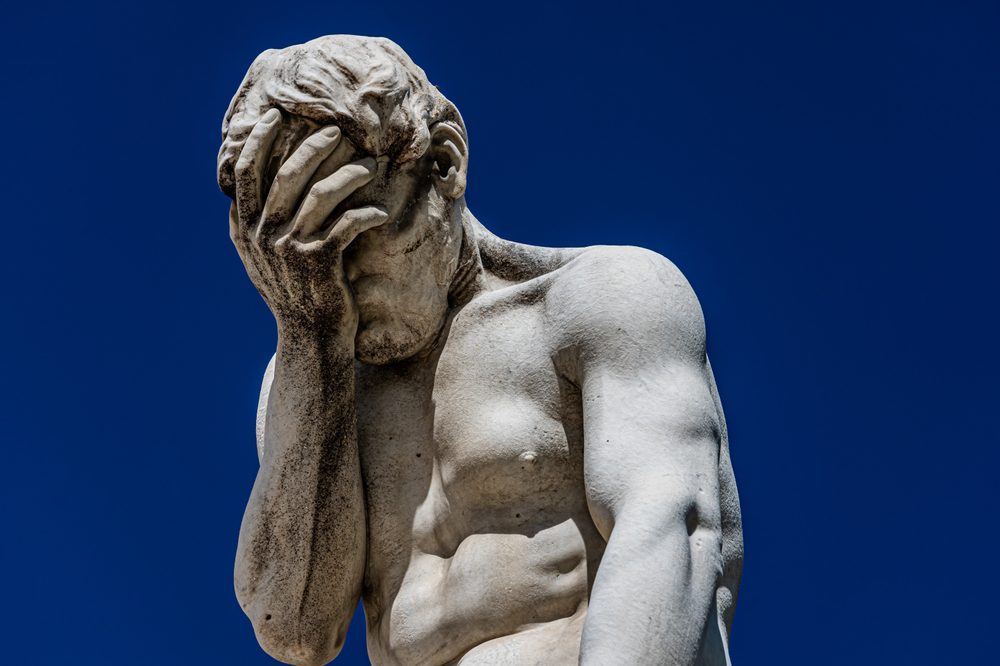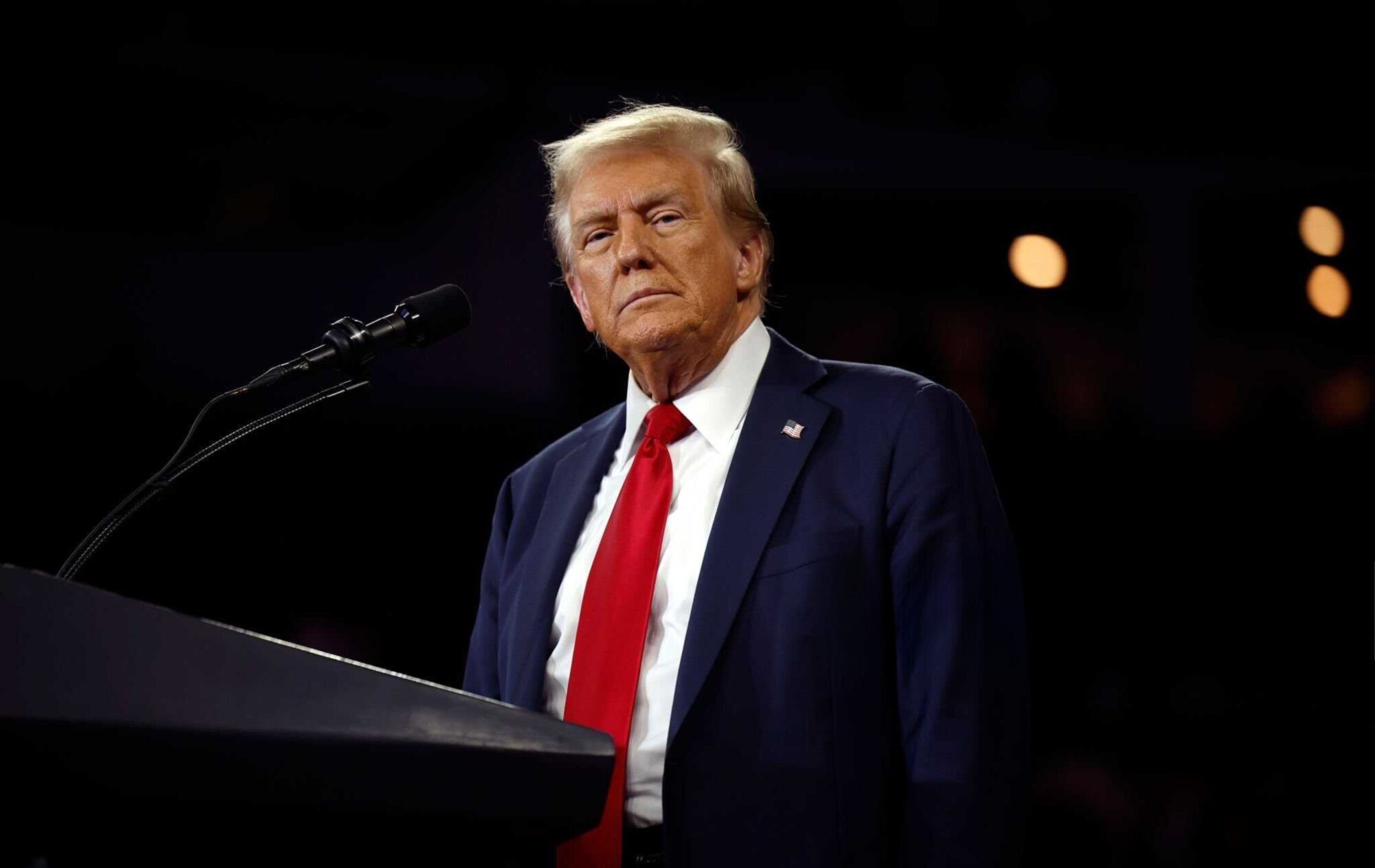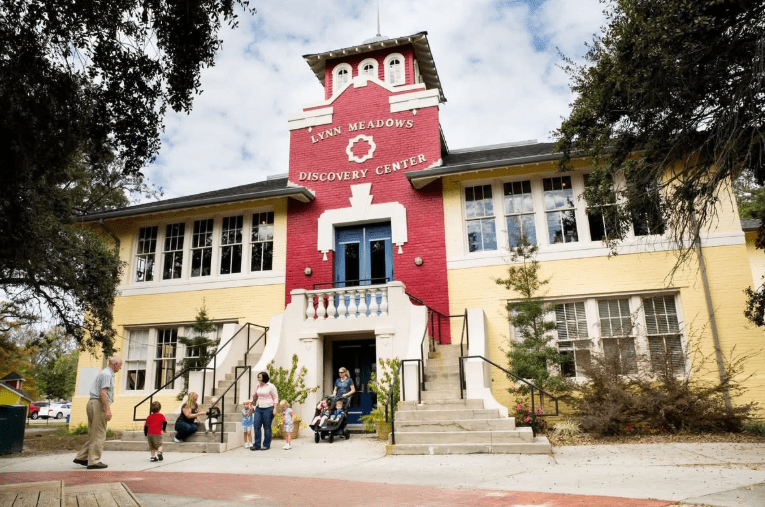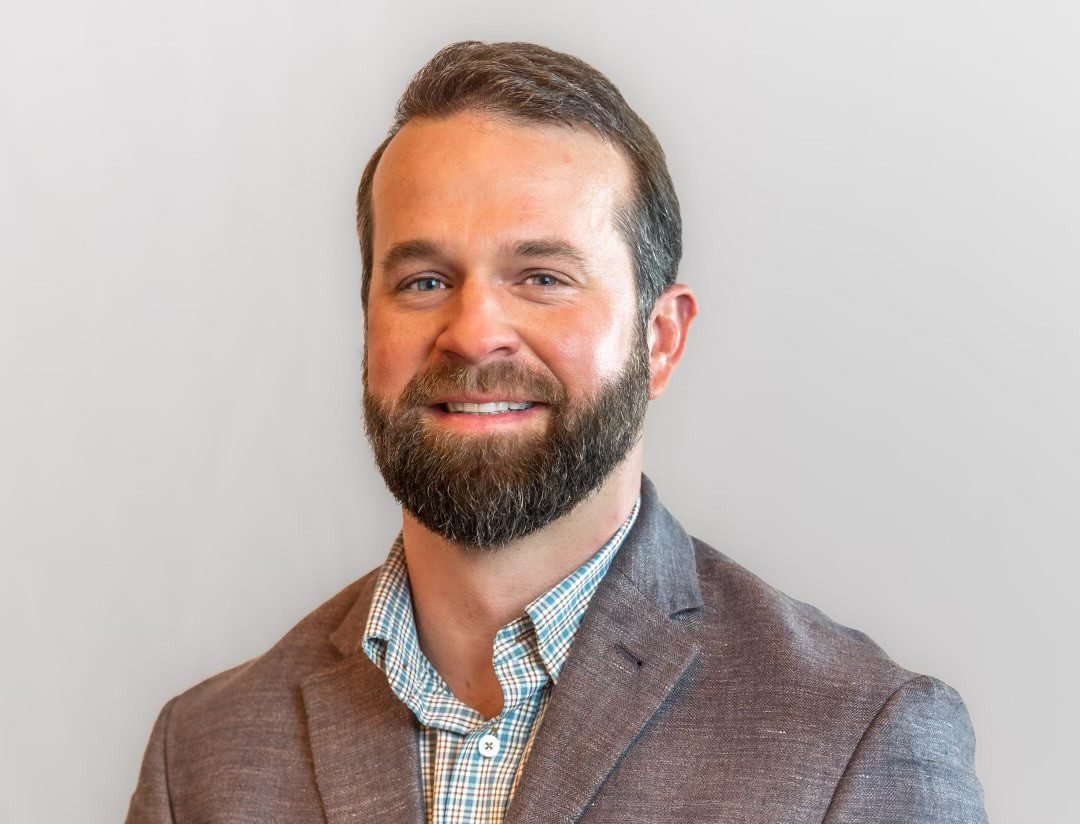
Sid Salter
- Columnist Sid Salter says for generations, the Neshoba County Fair has served as the lively annual hub of politics, community, and culture.
Since 1896, when Mississippi Gov. Anselm Joseph McLaurin of Brandon traveled by train from Jackson to Newton and then closed the distance to the fairgrounds by horse and buggy, every politician who held that office has attended at least one session of the historic campground fair.
McLaurin’s decision to appear at the fledgling event – then a three-day affair held in August – seemed a wise choice even though shortly after taking office that year, the new governor had been forced to call a special legislative session to raise ad valorem taxes because the state treasury he inherited was in great measure empty.
In 1900, McLaurin was elected to the U.S. Senate, where he served until he died in 1909. He was the great-great-grandfather of Academy Award-winning actor and comedian Robin Williams. From McLaurin to present Gov. Tate Reeves, 65 Mississippi governors have spoken at Neshoba. While there are other notable political whistlestops around the state like the Jacinto Courthouse, the Neshoba County Fair has remained Mississippi’s premier political stump.
In modern times, Fair rules offer political speaking opportunities for state, district and Neshoba County/local candidates and public officials. U.S. presidential candidates have spoken there over the years, including Ronald Reagan, Michael Dukakis, Jack Kemp and John Glenn. Donald Trump Jr. spoke there in 2016 on behalf of his father, as did Neil Bush in 1988 on behalf of his father.
When the Neshoba County Fair Association announced its intention to move the institution’s dates from the traditional last week of July back to the final week in June, there was quite the “disturbance in the force” for native Neshoba Countians and longtime patrons of the event.
The Neshoba Democrat reported: “The 2026 Neshoba County Fair is moving to June to accommodate the early start of school, (fair officials) announced on Facebook late last week. The 2026 Fair is scheduled to take place from June 19 to June 26, according to officials.”
The Neshoba County Fair closed during World War II shortly after celebrating the 50th fair. With the outbreak of COVID, the 2020 session of the fair was cancelled.
The change was made to accommodate the adoption of the so-called “modified calendar” by the local public school systems. The new schedule calls for earlier school starts and resulted in many families in other school districts around the state missing the 2024 Fair.
Fair Association president C. Scott Bounds said the decision “was reached after a lot of deliberation about the impact on attendance” and with full knowledge that the change will affect the fair’s longstanding status as the last major political event before the state’s August primary elections.
For example, this year’s Neshoba County Fair held political speaking on July 30-31 last week. The August special primaries were scheduled for Tuesday, Aug. 5 with Democrats voting in four special legislative elections and Republicans voting in three special legislative races.
But in statewide general election years, the new schedule will be impactful at Neshoba. Bounds said to address those concerns, the fair board will “work hard to put together innovative programming that will create even more opportunities for our patrons to be involved in the electoral process.”
Will the change from July to June reduce the influence of the Neshoba speaking lineup? Unlikely. For generations, the Neshoba County Fair has served as the lively annual hub of politics, community, and culture — a place where tradition mixes with the urgency of the present.
Beneath the shade of the Founder’s Square Pavilion and among the brightly painted cabins, families gather each summer to celebrate, debate, and mark the passage of another year in their lives. The Fair’s unique blend of homespun charm and political theater has elevated it far beyond a local gathering; it has become a pivotal moment on the state’s calendar, drawing crowds, candidates, and commentators from across the nation. So it will continue to do in 2026.
Smartphones, social media, and air-conditioning were far greater existential threats to a more than century-old campground fair built on porch-sitting, earnest conversation, and engagement in simple things like cakewalks than a change of schedule will be.








